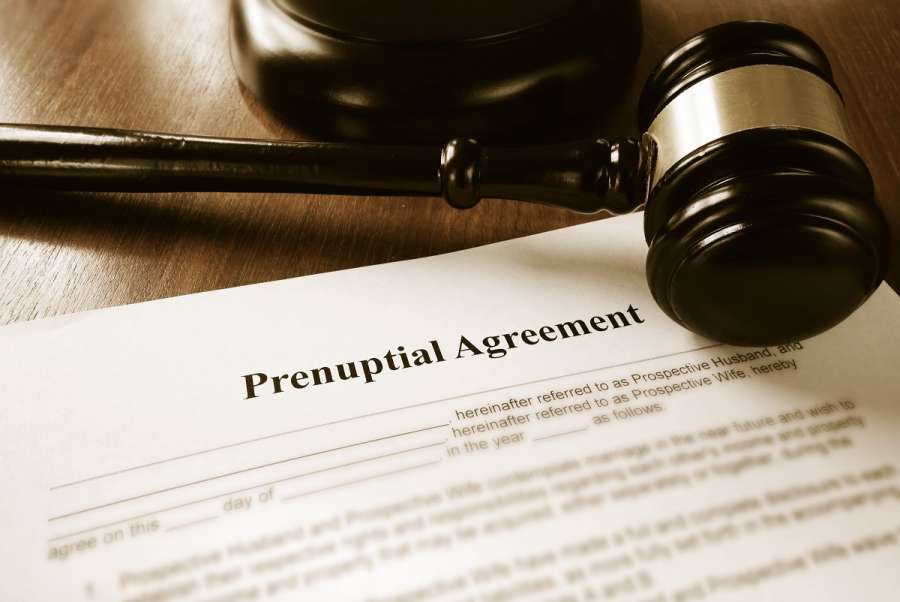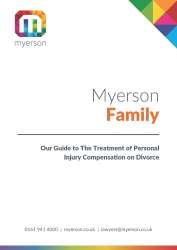There is no automatic assumption that damages are non-matrimonial in nature, and they will be assessed according to the section 25 factors outlined above, along with any other asset in the marriage.
For example, if one party has additional needs arising from personal injury or illness (from which the compensation arises), this will be considered by the Court.
On the other hand, if one party has a housing need for themselves and the young children, the Court will also consider this.
The Court will need to conduct a balancing exercise of competing needs.
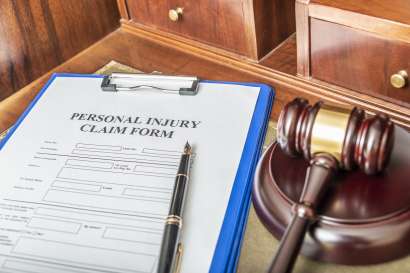
Case law in which the Court was concerned with personal injury claim damages includes:
Wagstaff v Wagstaff [1992] 1 WLR 320
The Husband was involved in a Road Traffic Accident that left him paraplegic.
The Wife made an application for financial remedy on divorce, and the question for the Court of Appeal was how the Husband's personal injury damages should be treated in the financial remedy application.
The marriage was eight years long, and the Wife had two children from a previous marriage, whom the Husband treated as his own.
The Court of Appeal awarded the Wife part of the Husband's damages, and Butler-Sloss LJ emphasised that each case must be determined on their own facts, adding "…the capital sum awarded is not sacrosanct nor any part of it secured against the application of the other spouse. There may be instances where the sum awarded was small and was specifically for pain and suffering in which it would be unsuitable to order any part of it to be paid to the other spouse".
Mansfield v Mansfield [2011] EWCA Civ 1056
The Husband received £500,000 for a personal injury claim before the marriage, which he invested into purchasing a bungalow and an investment property.
The bungalow was adapted for his care and was partly funded by the sale of the wife's pre-marital property. The Parties also had young children.
The Court of Appeal upheld the amount awarded of £285,000 (over 50% of the assets in the marriage) on the basis that this was the minimum required to meet the needs of the Wife and the children.
The Court of Appeal, however, converted the order to a Mesher Order whereby one-third of the capital awarded to the Wife would revert to the Husband upon the children reaching their majority.
Thorpe LJ said, in making this decision, that it should be noted that in this case, the Husband's personal injury damages had been mingled.
C v C (Financial Provision: Personal Damages) [1995] 2 FLR 171
Waggott was followed in C v C, in which it was confirmed that there is no principle which excludes a spouse from seeking to recover the other spouse's damages on divorce.
The parties had one child and lived in council accommodation. The Husband suffered permanent brain damage in a road traffic accident, which restricted his movement and ability to communicate.
Following the breakdown of the marriage, he moved to Cyprus to be cared for by his parents, and a specially adapted house was built for him, leaving him with no spare capital.
The balance of the structured settlement was used to purchase four annuities, but the annuity income produced broadly equalled his outgoings, including his care costs.
On appeal, Singer J held that bearing in mind the Husband's circumstances and his "very considerable" needs, there was, in reality, not readily available or realisable capital and ordered a clean break. He took into account that the wife was securely housed.
![C v C (Financial Provision Personal Damages) [1995] 2 FLR 171](/assets/C-v-C-Financial-Provision-Personal-Damages-1995-2-FLR-171__ResizedImageWzQxMCwyNzNd.jpg)
The overarching theme amongst the above cases is that "needs" trumps other factors, and it is not safe to assume that damages are protected on divorce and that if a spouse's needs cannot be met without the compensation being dipped into, the Court will transfer part of the funds as is required to meet those needs.
Although it is not possible to exclude compensation from the asset pot to be divided upon divorce, there are protective measures that can be taken.
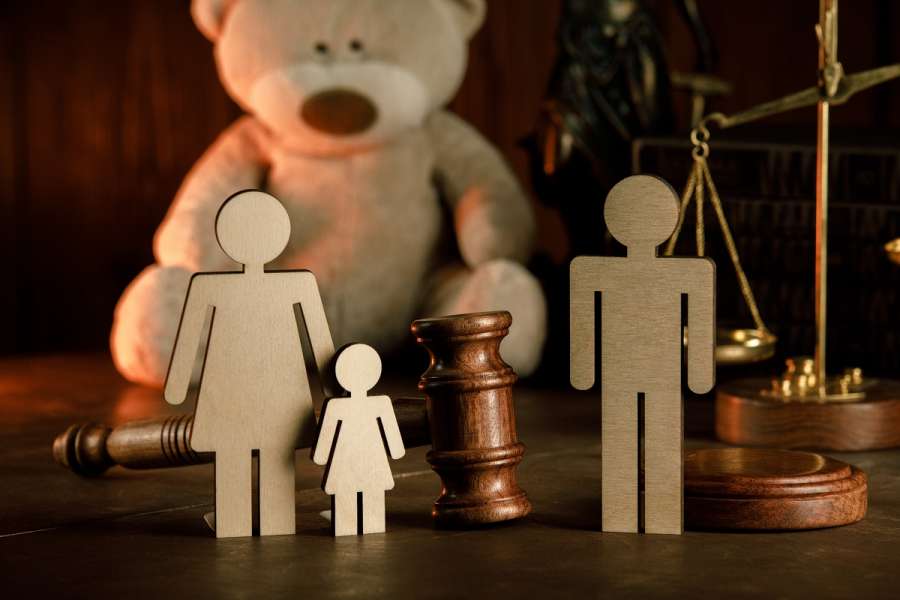



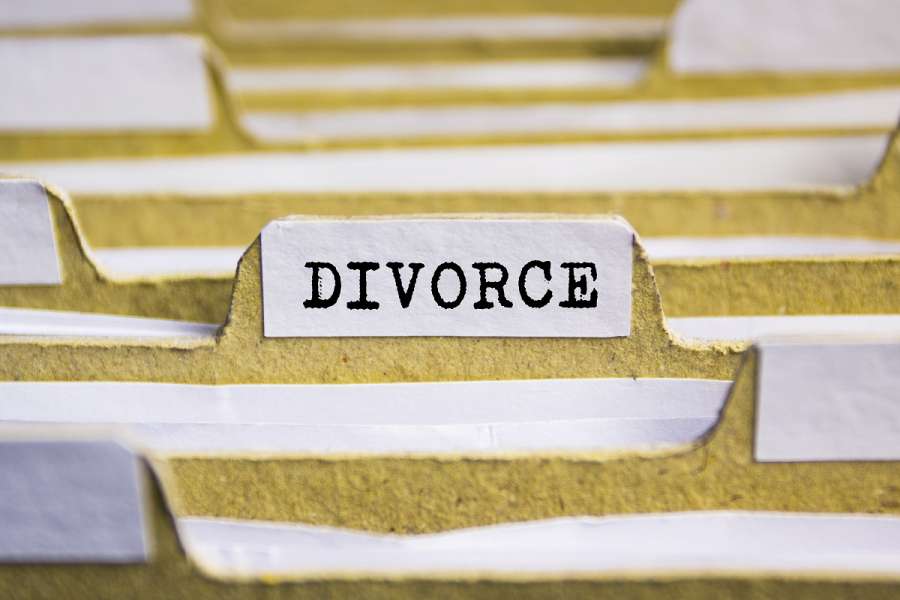


![C v C (Financial Provision Personal Damages) [1995] 2 FLR 171](/assets/C-v-C-Financial-Provision-Personal-Damages-1995-2-FLR-171__ResizedImageWzQxMCwyNzNd.jpg)
